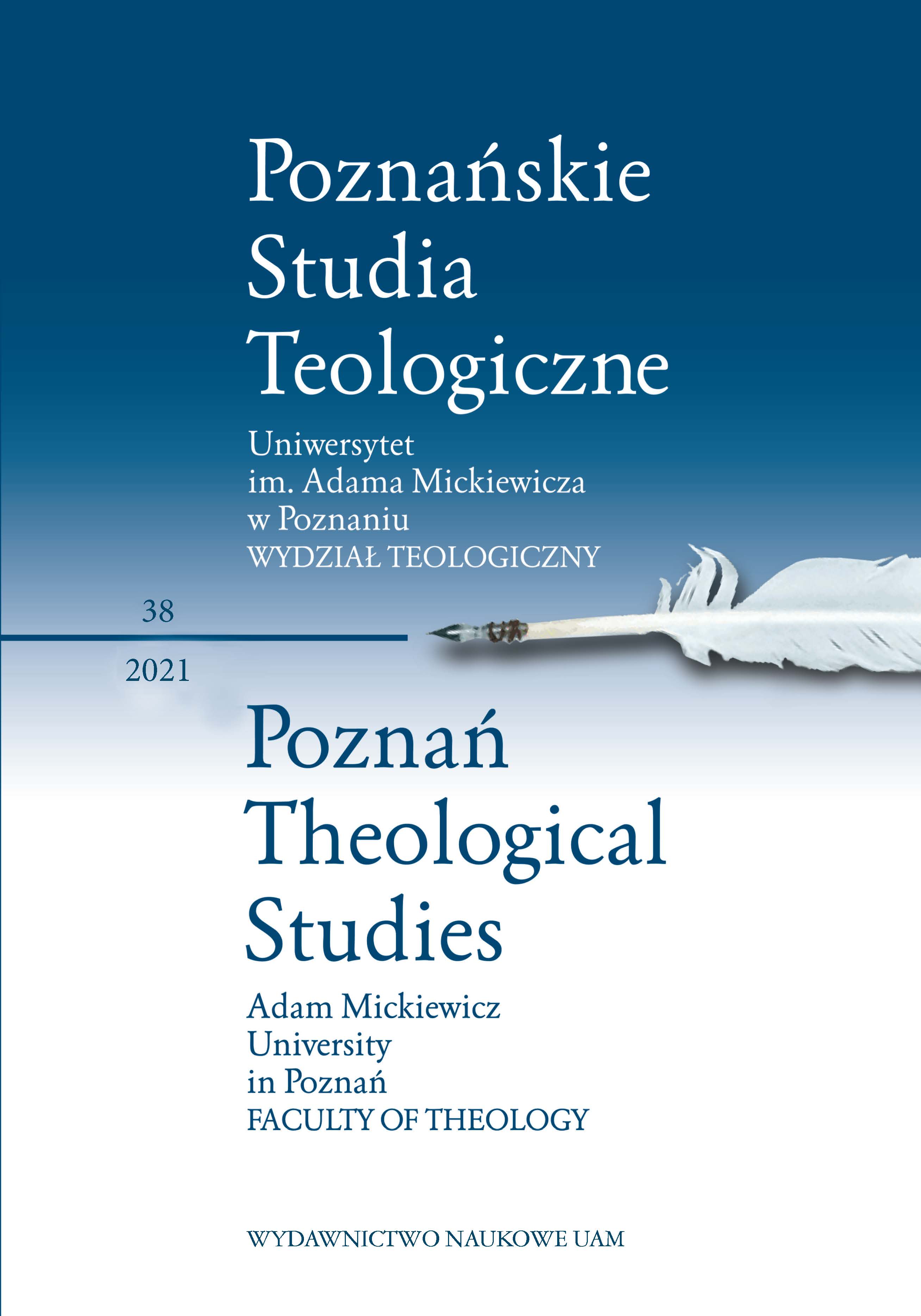A Theological Assessment of the Covenant between Judas Maccabeus and Rome: an Intertextual Analysis of 1 Macc 8:17–20
A Theological Assessment of the Covenant between Judas Maccabeus and Rome: an Intertextual Analysis of 1 Macc 8:17–20
Author(s): Janusz NawrotSubject(s): Biblical studies
Published by: Uniwersytet Adama Mickiewicza
Keywords: Septuagint; the First Book of the Maccabees; Roman republic; alliance; intertextuality;
Summary/Abstract: What was the biblical interpretation of the Jews’ conduct in the final stage of the history of Israel in the context of the Law of Moses right before the times of the New Testament? The proposed exe-gesis of 1 Macc 8:17–20, which describes the covenant between Judas Maccabeus and the Roman republic, strives to discover the theological evaluation of the behavior of the revolt’s leader con-ducted by the author of the book. The intertextual method is particularly helpful in discovering the right understanding of the text. This method enables one to purposefully combine the expressions found in the consecutive verses with the same expressions found in the earlier biblical books. The theology that underlies these books will reveal the right sense of the studied passage of 1 Macc. It turns out that the theological evaluation is totally different than the political evaluation, the latter being solely taken into consideration in historical-literary analyses and commentaries. The bibli-cal author has a restrained stance toward the political success of the Maccabees. He wants to reveal their conduct in the context of the Lord’s Law, which strongly proves that the First Book of Macca-bees should belong to the canon of the inspired texts.
Journal: Poznańskie Studia Teologiczne
- Issue Year: 38/2021
- Issue No: 1
- Page Range: 7-30
- Page Count: 24
- Language: English

